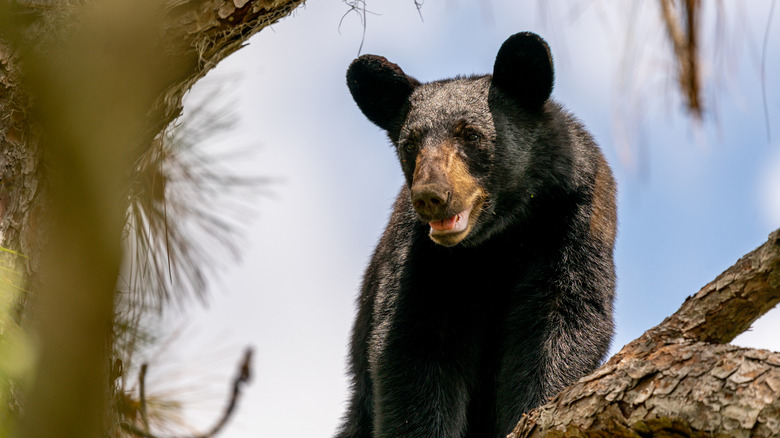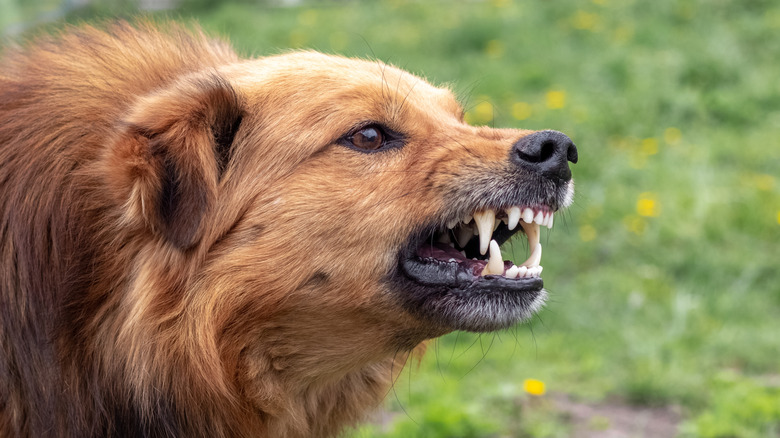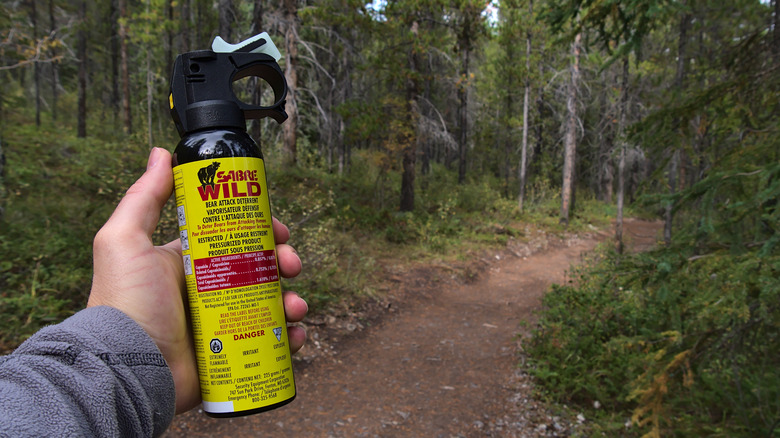Florida is a gorgeous, sun-kissed state that — in addition to its spectacular beaches and family-friendly theme parks — is also home to a wide array of wildlife. Pelicans swoop and nest along its coastline, dolphins and sea turtles cruise through its oceans, while manatees serenely float through its crystal-clear freshwater springs — like at this river that is the #1 destination for swimming with the gentle manatees.
Of course not all of the creatures native to Florida are harmless. Around 1.3 million American alligators lurk in its vast swamps and waterways, while there is also plenty of habitat for highly venomous reptiles, such as rattlesnakes, coral snakes, copperheads, and cottonmouths (water moccasins). Bull, hammerhead, and great white sharks patrol the waters right off of the coast, and what may surprise some is that Florida also hosts a large and thriving population of black bears.
While the Florida black bear may be smaller than its northern counterpart, it can still be dangerous. It is estimated that there are over 4,000 black bears living in the state’s inland wetlands and pine forests, and while the vast majority of encounters with humans result in these big critters running away, there have been instances where people have been hurt or even killed. Whatever the species, bears should always be treated with caution and respect. Here are ways you can lessen the chances of a black bear encounter going badly next time you visit the Sunshine State.
Bears: An apex predator that sometimes attacks humans
In May of 2025, an 89-year-old man was attacked and killed by a black bear near the town of Everglades City, Florida. The bear also mauled and killed his dog, though authorities believe that the encounters may have occurred separately. While extremely rare, such attacks aren’t unknown, with the Florida Fish and Wildlife Commission reporting 42 such encounters since 2006, according to the New York Times.
While the 2025 attack is the first documented fatality caused by a black bear in Florida, there are enough human-bear physical encounters to cause concern. One common factor in the majority of the attacks is the presence of unleashed dogs, who — in an attempt to protect their owners (or perhaps out of hunting instinct) — bark at or even chase the bears, which can provoke the bears into retaliating, especially when it comes to a mother with cubs. Dogs tend to increase the odds of any bear encounter turning violent, so any time you’re heading into bear country with a canine, it pays to carry bear spray.




